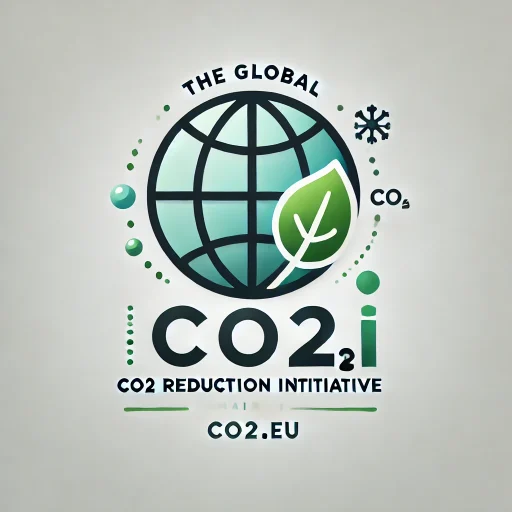Carbon Reduction Activities in Europe: March 17-23, 2025
Executive Summary: Recent initiatives in Europe have focused on advancing carbon reduction efforts across various sectors. The European Union is set to propose a significant emissions reduction target by 2040, while the transport sector is making strides with increased adoption of electric vehicles. Additionally, new frameworks and strategic plans are being developed to support decarbonization in industries and enhance the credibility of carbon removal activities.
1. European Union’s Interim 2040 Emissions Reduction Target
The European Union (EU) is preparing to propose a law by the end of March 2025 to establish an interim emissions-reduction target of 90% by 2040. This ambitious goal is part of an amendment to the European Climate Law, which aims to make the region’s 2050 net-zero target legally binding. Despite global political shifts, the EU remains committed to its climate agenda. (Source)
2. Decarbonization of the European Waterborne Sector
A report by the Joint Research Centre (JRC) highlights European Research and Innovation (R&I) projects aimed at decarbonizing the waterborne sector from 2020 to 2024. The report emphasizes the importance of technological innovations, such as alternative fuels and optimized vessel design, in reducing greenhouse gas emissions in maritime and inland waterway transport. Coordination and support measures are crucial for implementing these innovations. (Source)
3. Carbon Reduction in the Transport Sector
Transport & Environment (T&E) reports that Europe is set to save 20 million tonnes of CO2 in 2025 due to the growing market for electric vehicles (EVs). The number of battery electric vehicles in the EU is expected to reach nearly 9 million by the end of the year. However, the carbon savings from road transport are being offset by increased emissions from air travel. T&E advocates for maintaining green policies to ensure energy independence and further reduce emissions. (Source)
4. New Carbon Removal Certification Framework
The EU has adopted Regulation (EU) 2024/3012, establishing a certification framework for carbon removals, carbon farming, and carbon storage in products. This voluntary framework aims to enhance the credibility and transparency of carbon removal activities, supporting the EU’s climate neutrality objectives by 2050. Certification will be granted based on compliance with quality criteria and verified by independent third parties. (Source)
5. Simplification of the Carbon Border Adjustment Mechanism (CBAM)
The European Commission has proposed amendments to the CBAM as part of the Omnibus Sustainability package. The proposal aims to reduce the number of businesses impacted by CBAM by 90% and alleviate compliance burdens. The Clean Industrial Deal, part of this initiative, seeks to enhance EU industries’ competitiveness while accelerating decarbonization, with over €100 billion mobilized for clean manufacturing. (Source)
Conclusion
Europe is making significant strides in carbon reduction through ambitious policy proposals, technological innovations, and strategic frameworks. These efforts are crucial for meeting international climate commitments and ensuring a sustainable future.


Recent Comments